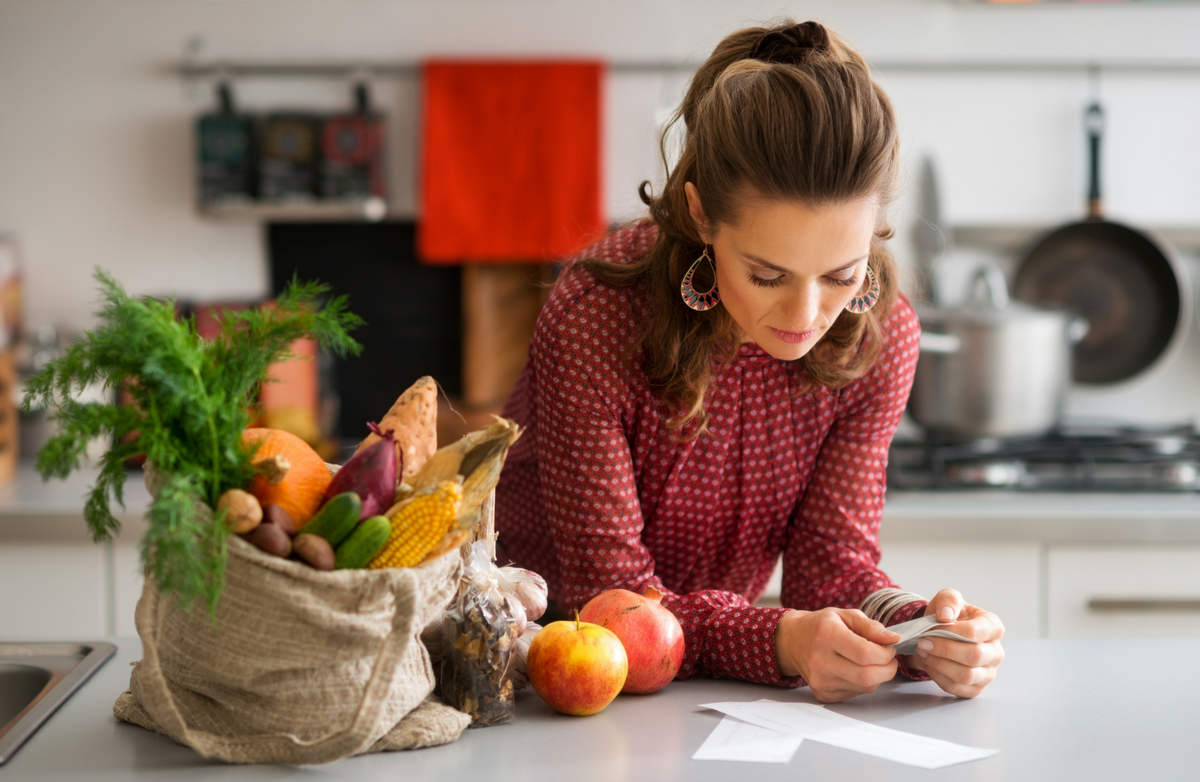|
Running is an incredible source of exercise and one of the best things about it is that you can compete against yourself. Whether you are participating in a 5K or a full marathon, there are races for all levels, and plenty of good causes to get you out there to run. But before you lace up and take off, make sure you are taking the time to fill your tank with proper food and hydration. Here are some ways to ensure that you are adequately fueled to finish any race with power and energy. During Training What you take in affects what you put out, so be mindful of your food choices when training for an upcoming race. The foundation of your diet should be good carbs, protein, fruits, veggies and healthy fats. Many foods, like chia seeds & nut butters, have protein as well as good fats in one convenient package and will give you sustained energy. If you haven’t started cleaning up your diet, start making small changes sooner rather than later to support your training and recovery. You also want to be mindful of hydration. Running, especially long distances, can be really dehydrating to your body. When you're not training, aim for about 8 cups (64 oz.) of water each day, but plan to add more based on the duration of your training and the temperature outside. Learn how much to drink during workouts and whether or not you need a sports drink. The Night before Your Race Eating a balanced dinner the night before the race is really beneficial to your performance the next day. "Carb loading" (loading up on carbohydrates before a race) is a common practice but does not need to be as loaded as you may think. Presuming you are including carbohydrates in your daily diet already, enjoy just a slightly larger serving of carbs before shorter races (up to 10K distance) and an extra serving of carbs before longer races (half marathon or more). Overindulging on carbohydrates the night before a race isn't a good idea. While you may normally focus on whole grains, you may want to consider choosing refined options (white pasta or white bread) the night before your race. Because they have less fiber, they may help you prevent frequent bathroom breaks during longer races. The Morning of Race Day Wake up early enough to eat a quality meal about 2-3 hours before your race begins. Don’t eat too close to the start of the race or you could end up with disastrous results if your digestive system doesn't get enough time to process your food before you start exercising. One of my favorite pre-race meals is oatmeal with chia seeds and berries. If you need to power up for one of the longer races you could even add some low-fat Greek yogurt as well. Be smart about this meal: Don't suddenly eat some new kind of food that your body isn't accustomed to since you never know how you might feel afterward—and you don't want to feel anything but your best during the race. Avoid trying something completely new on race day hoping to galvanize your run. Figure out what works for you long before race day hits—and stick with it! The same goes for drinks: No new special energy drinks, sports drinks, etc. that you aren't used to! During Your Race People running up to a 10K distance don't need to worry about eating intermittently during the run—but feel free to stop at any of the hydration stations for water or, if you trained with it, sports drinks. Once you race a half marathons and marathon distance your body will definitely need some additional calories and fuel during the race itself. There are plenty of gels, gummies and chews on the market—as well as sports drinks that supply calories along with hydration. The key is to practice when and how much to fuel during your long training runs—not to test things out on race day. During my first half-marathon I used a gel every 45-minutes. While these definitely gave me the energy, they made me feel sick and I didn't like the flavor. As an alternative to goopy energy shots, try these Banana Chia Cookies I used for my second half marathon. Banana Chia Energy Cookies Recipe - 2 mashed bananas - 1 cup oats - 1/4 cup chia seeds - 1/4 cup dried cranberries Mix all ingredients together. Roll into 1-tablespoon balls and bake at 350 degrees for 12 minutes. These small, yet nutritious bites are great to have every 30-45 minutes during a race if you cannot stomach the gels or gummies. The one certain thing about eating to fuel a race is this: Different foods, timing techniques and strategies work for different people. It's important to test things out during training so you aren't surprised during the race itself. With a little trial and error on your practice runs, you'll feel confident—and be well-fueled—for any race! About the Author  Lunden Souza is a certified personal trainer, writer and fitness coach at Runtastic, a world leader in mobile health and fitness. Lunden Souza is a certified personal trainer, writer and fitness coach at Runtastic, a world leader in mobile health and fitness.She worked as an in-home personal trainer in Orange County, CA for 5 years and now currently resides in Austria where she provides weekly fitness, nutrition and wellness tips via the Runtastic Fitness Channel on YouTube. She also has specializations in TRX suspension and Rip training, is a certified Tabata instructor and an enthusiastic Sweat Pink ambassador. Her hobbies include yoga, running, biking, hiking and Kajukenbo. |
Popular EntriesRelated Entries
More From SparkPeople
|






















